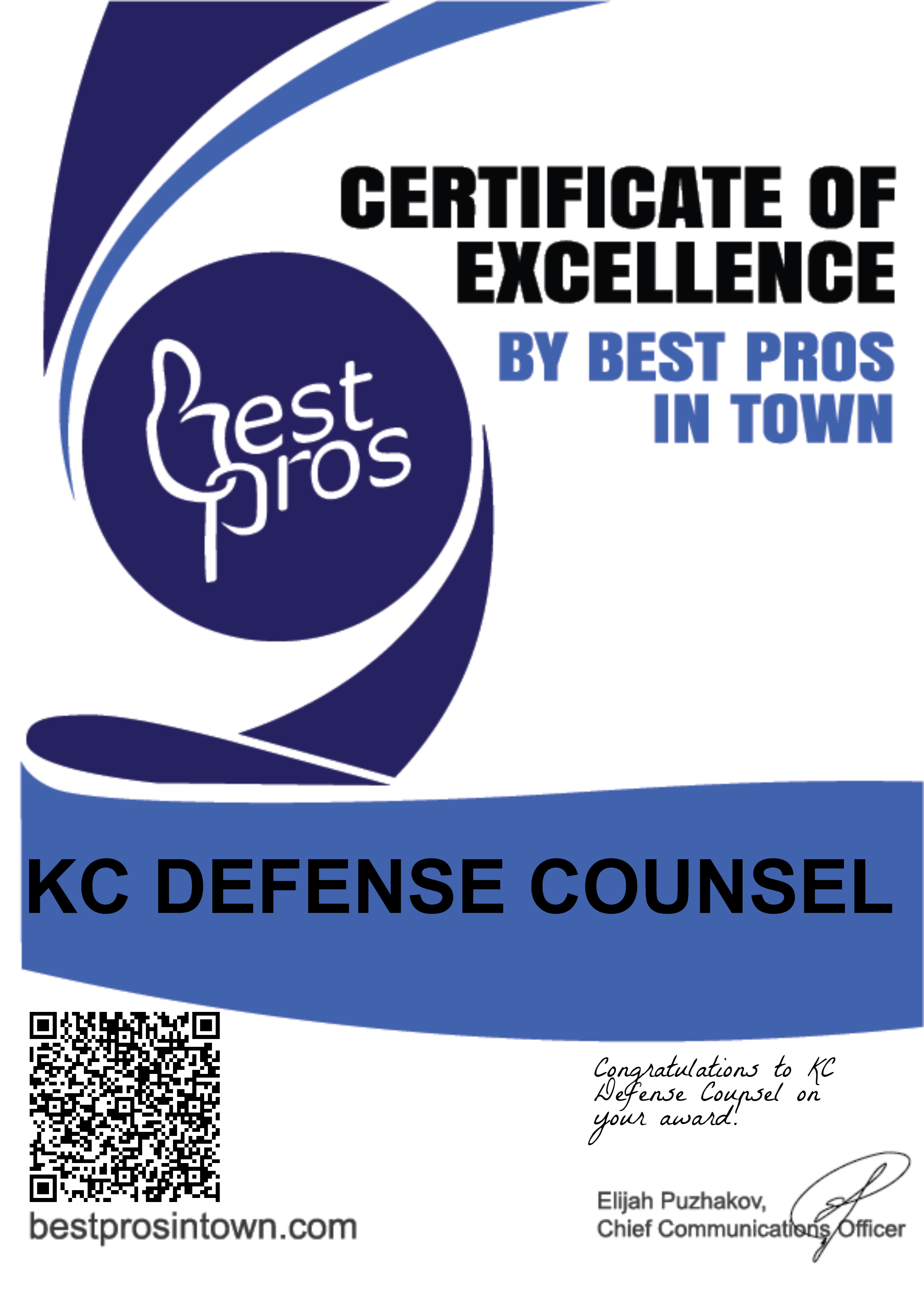Is It Legal for Your Employer to Demand a Polygraph Test? Understanding Employee Rights – Guest Post

The idea of undergoing a polygraph test is intimidating, to say the least. Fear intensifies when employees contemplate questions such as, can an employer legally require a polygraph test? What if an employee declines? What are the potential consequences for refusing or failing a polygraph at the workplace?
In this article, we’ll examine the rights of employees vis-à-vis employers implementing polygraph policies at work. We’ll delve into scenarios to understand why an employer might want their staff to take a polygraph, when it’s legally acceptable, and how this impacts you as an employee.
**Demystifying the Use of Polygraph Tests at the Workplace**
There’s no doubt that the prospect of a polygraph exam can be daunting. Often, employees fear undergoing the test, even if they’ve done nothing wrong. This fear is rooted in the unknown – a common human trait. For instance, we all have secrets or parts of our past that we’d rather keep private. How could this past information affect your employer’s decision if it’s unearthed during a polygraph test?
Understanding polygraph tests and the process they involve can significantly alleviate this fear. The examiner is not interested in your past or your personal habits; they focus on simple questions about your work-related behavior.
**The Role of Lie Detector Tests for Employers**
Polygraph exams are often employed as a part of pre-employment screening by employers. These tests help determine whether the candidate is a suitable fit for the company and what potential risks they might pose after being hired.
Moreover, polygraphs are also used when there are suspicions of theft at the company, drug use or selling at the workplace, or allegations of sexual harassment or misconduct amongst staff members. Polygraph results can provide employers with crucial information, aiding in legal proceedings, although the results themselves aren’t admissible in court.
**Employee Rights and Protections: Understanding the EPPA**
While it’s true that employers can use polygraph tests, they need to comply with specific guidelines. This is due to the Employee Polygraph Protection Act of 1988 (EPPA), which significantly changed the landscape of polygraph usage in the workplace. The act aimed to prevent employers from using polygraph results to unjustly discriminate against certain demographics or arbitrarily fire employees they weren’t satisfied with.
**Navigating the Legal Framework for Polygraph Tests**
Under the EPPA, employers are generally not allowed to use polygraphs for pre-employment screenings or in the workplace. However, certain exceptions exist, like if the company is involved in pharmaceutical manufacturing or high-value asset transport. Still, employers must adhere to specific guidelines for the implementation of a polygraph policy, such as hiring a qualified attorney and preparing employees for the exam.
Non-compliance with these regulations could result in hefty fines imposed by the US Labor Department for each infringement made against employees.
**Can Employees Decline a Polygraph Test?**
While employers can request employees to take a polygraph test, it’s entirely within the employee’s rights to refuse. The employer cannot use this refusal as grounds for dismissal, disciplinary action, or to withhold employment. Violation of these conditions under the EPPA can result in legal action against the employer.
**Confidentiality and Privacy Matters**
If an employee agrees to a polygraph test, the results are strictly confidential. The employer is not allowed to share the results with anyone, including prospective employers. Violation of these privacy conditions can lead to legal repercussions for the employer.
**A Practical Example of Polygraph Policy Implementation**
Suppose a company transporting high-value items like cell phones suffers a substantial theft. If there are credible suspicions that it was an inside job, the employer could implement a polygraph policy following the guidelines of the EPPA.
This would involve contacting their attorney and an external polygraph company, preparing a script of questions relevant to the incident, and informing the employees about the exam. However, it’s critical to remember that employees retain the right to decline the polygraph test or stop it at any point during the process.
In conclusion, while an employer may implement a polygraph policy in the workplace, it must be in line with the legislation set forth by the EPPA. Employees also have rights that protect them from any potential misuse of these tests.
Author:
Adam Rangotis is the Content Manager at liedetectortest.com, a leading online resource for comprehensive information on polygraph and lie detector tests. With a keen eye for detail and a deep understanding of the intricacies of lie detection, Adam’s role involves curating and managing high-quality, research-based content that educates readers about the world of polygraph testing. His work, rooted in extensive research and a passion for truth in law enforcement, serves to demystify the complex science behind lie detectors, making this essential tool of justice more accessible to the public.



















